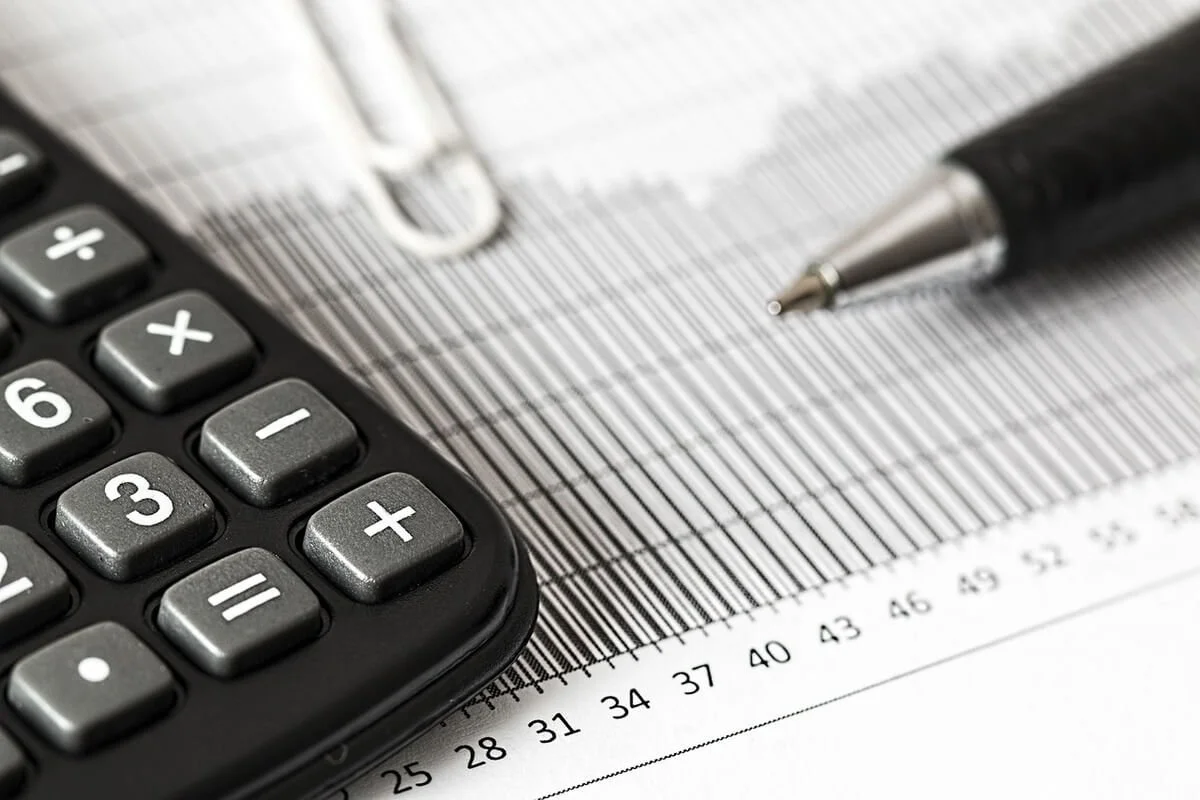Why Do You Have to Pay Tax on Your Own Property?
Naturally, it might seem strange at first—being subject to taxation for something you already own. But in Texas, this system has a major role in how local communities function. Instead of relying on state income tax, Texas raises revenue through property taxes, covering the Texas personal property tax. This applies particularly to business-related assets and aids in funding public services like roads and schools as well as emergency response.
We outline how it works and why it matters below:
Texas does not have a personal income tax. That money has to come from somewhere, and property taxes are a major source of funding for counties and cities along with school districts.
If you use property to make money, like tools or machinery and vehicles owned by a business, it is considered taxable in accordance with the business personal property tax in Texas.
Your distinctlocal Texas CAD (County Appraisal District) sets the value of those assets each year. That value determines the Texas appraisal district tax bill.
This tax structure means the property is not taxed merely because you own it—it’s taxed because of how it's used. Items that sit in your home for personal use, like furniture or appliances, simply do not count. But the same items in a business context? They are naturally fair game for taxation.
We can exemplify the taxable assets as below:
Office computers as well as monitors alongside printers
Business-owned trucks or vans (generally tied to vehicle property tax in Texas)
Retail inventory and warehouse shelving
Specialized tools for construction or manufacturing
The idea is simple: in the case of property that helps generate revenue, it should contribute to local budgets, too. Businesses that file with their CAD on time might satisfy qualification criteria for exemptions or lowered rates, and in some cases, they can even take action to avoid property tax Texas through formal appeals as well as asset classification.
Final Word
So yes, you do pay tax on your own property—but only when it has a significant role in business activity. That revenue, in turn, presents aid in maintaining the services your business and community rely on. If you are not sure, you can contact Dimov Partners today. Our team is ready to provide professional assistance with maximum clarity.
